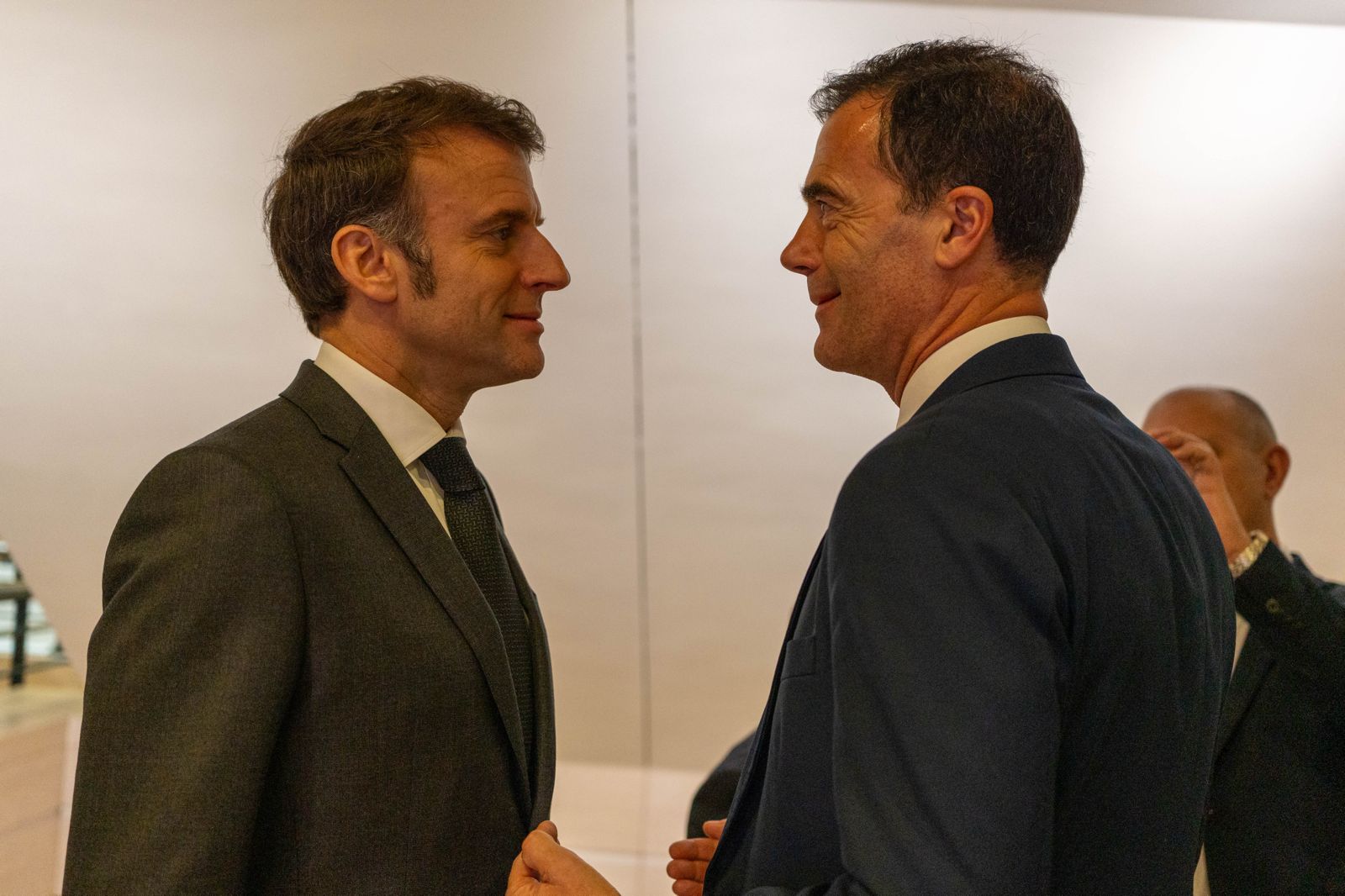For decades, Europe has relied on the United States for security under NATO’s umbrella, allowing European nations to thrive while outsourcing defence responsibilities to Washington. However, as global dynamics shift and U.S. priorities pivot to Asia, Europe finds itself increasingly vulnerable. The voices calling for Europe to take responsibility for its own defence through a European Defence Community and, ultimately, a European Army, are becoming increasingly louder.
Currently, European military capabilities suffer from inefficiencies, duplication, and lack of coordination. Each EU nation maintains separate procurement processes, command structures, and defence priorities, resulting in wasted spending and redundant systems. A unified approach would streamline planning, eliminate unnecessary overlap, and build a more powerful, cohesive force.
French President Emmanuel Macron articulated this vision in a speech last week: “The Europe of Defence that we have been advocating for eight years is therefore becoming a reality. It means European countries that are more ready to defend and protect themselves, that produce together the equipment they need on their own soil, that are ready to cooperate more, to reduce their dependence on the rest of the world.”
The war in Ukraine has exposed critical weaknesses in Europe’s ability to produce and supply military equipment at scale. Europe’s defence industrial base remains inadequate for modern security challenges, requiring substantial investment in research, development, and expanded production capacity.
French Prime Minister and EDP President François Bayrou echoed these concerns, warning: “This will force us to rethink our model, our priorities, and to look differently at the world we thought we knew, which we now discover is more dangerous than we imagined and comes from those we thought were our allies.” He emphasized that security comes at a cost, and increased defense spending must be viewed not as a luxury but as an imperative.

This vision is gaining traction across the European political spectrum. EDP MEP Christophe Grudler recently led a coalition of over 40 European parliamentarians in publishing an opinion piece arguing that Europe must take its defence into its own hands, without succumbing to foreign dependencies. They stressed that increased spending on defence must guarantee strategic autonomy, with investments directed toward European-made equipment to avoid the risks of external control over critical defence capabilities.
The humiliating treatment of President Zelensky at the White House under the Trump administration is seen as a stark reminder of the risks of dependency by many European. Europeans no longer want to be at the mercy of Washington’s shifting interests.
If consensus cannot be found among all EU Member States, then a coalition of willing states committed to deeper integration could lead the charge. This vanguard approach can break the cycle of indecision and set the foundation for a European Army. While NATO remains vital, it would allow Europe to act independently when necessary.
The EU treaties provide mechanisms for deeper integration without requiring unanimous consent. Sandro Gozi, MEP and Secretary General of the EDP, explained this approach: “I believe countries wanting to move forward must do so. And they must do so, I stress, within the European Union framework. In defence, the treaties allow even 3-4 countries to advance within the EU. It’s called structured cooperation in defence. In security, we can create vanguard groups.”
A European Defence Community and Army would represent more than just military capability. They would embody sovereignty, credibility, and an ability of Europe to shape its own future. It would allow the continent to stand as a confident, self-reliant force ready to protect its interests and values.
In Europe, it is becoming increasingly clear that the time for action is now. Europe must take responsibility for its security, develop the necessary capabilities, and ensure it is never again left at the mercy of external actors. Europe must act now, before it’s too late.












